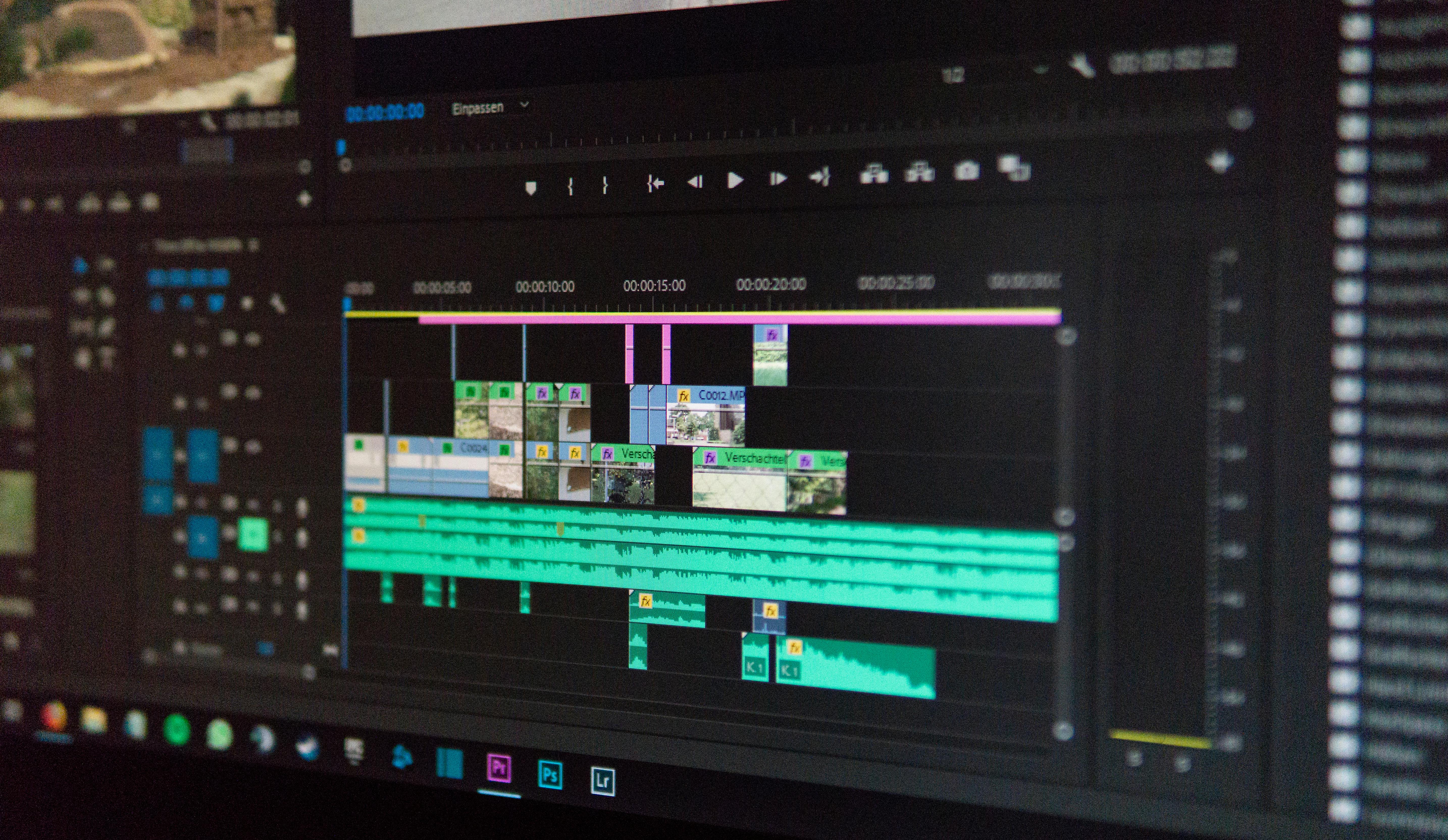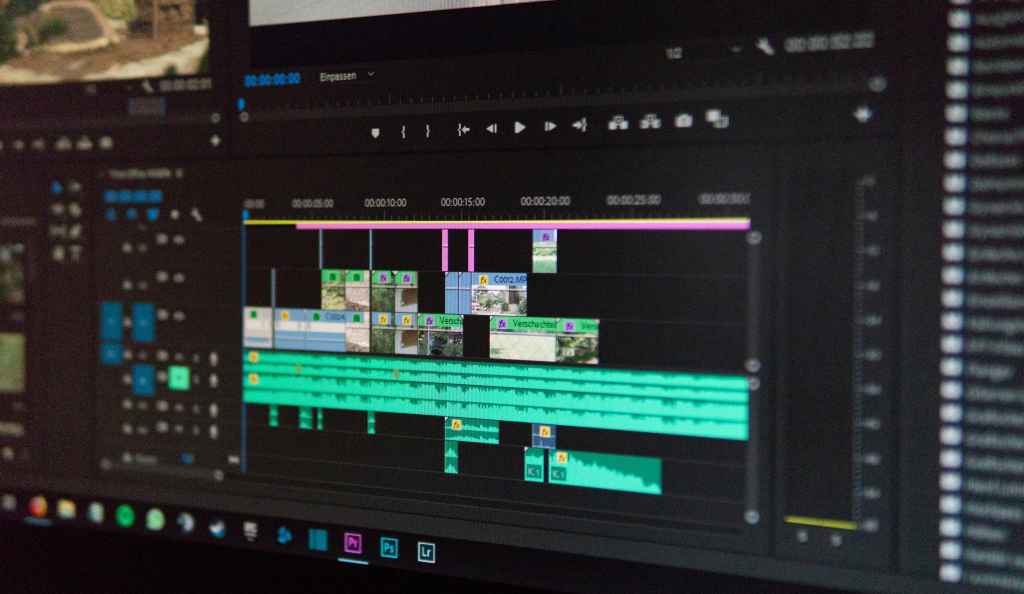The Evolving Professional Profile: Editors Adapting to Twenty-First Century Publishing Demands

The professional life of the book editor in two thousand twenty-five is inextricably linked with digital fluency, a significant departure from the more traditionally perceived solitary process involving only a physical manuscript and a marking pen. Modern editorial practice demands facility with a suite of digital tools far beyond basic word processing. Editors must be proficient in software designed for real-time collaborative editing, project management systems that track complex schedules across multiple departments, and specialized linguistic software that aids in style verification and cross-referencing. Familiarity with tools that can analyze text structure or even perform preliminary literary analysis is becoming increasingly important for efficiency, though the human element remains essential for nuance. The ability to seamlessly integrate these technologies into a workflow, often managing projects entirely remotely across international time zones, is now a baseline expectation. This technological adaptation allows editors to manage larger workloads and engage with authors who may be scattered globally, fundamentally altering the logistics of the editorial partnership.
Integrating Advanced Digital Tools and Collaborative Platforms
The digital transformation in publishing is complete, making technical proficiency a non-negotiable baseline for any successful editor as of 2025. AI-powered tools now augment the editorial process significantly, handling initial passes for grammar, spelling, and clarity with speed and accuracy that often surpass human-only workflows for mechanical corrections. Advanced systems leverage natural language processing to provide contextual editing suggestions, analyze sentence structure, and enforce style guide consistency across vast datasets. While these tools handle rote error detection, the modern editor must be adept at utilizing and overseeing these automated systems to maximize workflow efficiency, with some studies showing potential editing time savings of 40-70% when AI is strategically integrated. Editors are expected to utilize specialized software for project management, tracking complex schedules across global teams, often managing projects entirely remotely.
Navigating the Complex Interplay of Market Trends and AI Integration
A forward-thinking editor in this era must possess more than just linguistic acumen; they must also maintain a keen awareness of the dynamic publishing ecosystem. This includes understanding prevailing market trends, anticipating shifts in reader preferences, and knowing how new content types—such as serialized digital fiction or interactive narrative experiences—are shaping consumer habits. For example, genre-blending narratives, such as ‘romantasy,’ are seeing increased success in the 2025 market, requiring editors to recognize and champion manuscripts that defy rigid categorization. Furthermore, the editor must be adept at positioning a book not just on its merits, but within the current commercial context, advising authors on how their work aligns with or deliberately diverges from contemporary reader expectations. This strategic input extends to understanding the capabilities and limitations of artificial intelligence tools, which can rapidly analyze market gaps or perform rote error detection. The modern editor’s value is increasingly defined by their ability to provide the nuanced, subjective, and emotionally intuitive feedback that algorithms cannot replicate, serving as the essential human counterweight to automated processes and ensuring the work possesses authentic resonance and marketability.
Cultivating Enduring Editorial Excellence: Essential Skills Beyond Grammar
The Art of Communication and Cultivating Productive Author Relationships
While technical proficiency in grammar and syntax is the entry ticket to the profession, sustained success as a book editor hinges upon superior interpersonal and communicative abilities. The editor operates in a constant state of collaboration, frequently functioning as a sensitive negotiator, a firm guide, and a supportive mentor to the author. The ability to deliver constructive criticism—even when detailing significant structural flaws—in a manner that is both honest and encouraging is paramount. This involves learning to ask probing, thoughtful questions to uncover the author’s core intent, such as inquiring about the intended takeaway for the audience or the overarching significance of the narrative in the current cultural moment. Editors must foster relationships built on mutual professional respect, ensuring the author feels heard and valued even when their manuscript requires substantial, sometimes painful, revision. This mastery of conversational editing, as described by publishing professionals, is what differentiates a competent technician from a truly transformative editorial partner, leading to better outcomes for both the book and the author’s career trajectory.
The Strategic Imperative of Genre Specialization and Portfolio Diversification
To thrive in a competitive environment, today’s editor is strongly encouraged to develop deep expertise within specific genres or subject areas, while simultaneously cultivating a diverse portfolio. Specialization allows an editor to become an industry authority, possessing an intuitive understanding of genre conventions, reader expectations within that niche—whether in romance fiction, specialized technical non-fiction, or historical memoir—and the competitive landscape. This genre-specific knowledge is invaluable when positioning a manuscript for success. However, avoiding professional stagnation requires diversification. Successfully editing across a range of project types, from academic texts to commercial fiction, broadens an editor’s skill set, keeps their perspective fresh, and mitigates career risk associated with reliance on a single, potentially volatile, market segment. This dual focus—deep expertise in one area coupled with breadth across others—ensures the editor remains adaptable, possessing the requisite knowledge base to engage critically with vastly different types of manuscripts and authorial voices.
The Collaborative Architecture: Editors as Integrators Across Publishing Departments
Fostering Synergy Between Authorial Vision and Production Realities
The editor acts as a crucial nexus, translating the often abstract, creative demands of the author into actionable tasks for the various production and commercial departments within a publishing house. This requires a profound understanding of the entire book creation lifecycle, which extends far beyond the manuscript itself. Editors must effectively liaise with designers to ensure the book’s visual presentation—cover art, interior layout, font choice—aligns with the tone and substance of the text. They coordinate with marketing and publicity teams, providing key insights into the book’s unique selling propositions, its target demographic, and the author’s potential as a public voice. This cross-departmental coordination is essential for building a cohesive, market-ready product. The editor must skillfully balance the creative purity of the author’s work with the practical, commercial imperatives of manufacturing, distribution, and sales, acting as the internal champion who understands every facet of the book’s forthcoming life.
Building and Maintaining Professional Networks for Project Acquisition and Growth
A book editor’s career progression is heavily reliant on the strength and quality of their professional network, which extends well beyond their internal colleagues. Successful editors actively cultivate relationships with literary agents, who serve as the primary conduit for new, high-quality submissions, and with established authors who can provide referrals for future projects. Networking involves more than just exchanging contact information; it means building a reputation as someone reliable, insightful, and fair, capable of nurturing talent. Attending industry conferences, participating in online professional forums, and making connections with peers in different sectors of publishing are all active components of this career maintenance. Furthermore, for those in freelance roles, this network directly translates into project flow, requiring editors to manage potential clients effectively and often negotiate clear service offerings and binding contracts to ensure mutually beneficial working arrangements. A robust network is the engine that feeds a continuous stream of stimulating and career-advancing work.
Strategic Career Navigation: From Assistant to Industry Leader
Diversifying Your Portfolio to Establish a Multifaceted Editorial Brand
Growth within the editorial field is rarely linear; it often requires a deliberate strategy of professional diversification, a concept critical for long-term stability and advancement in the fluid two thousand twenty-five market. Aspiring editors are encouraged to actively seek out opportunities to work on projects that span different formats and subject categories—for instance, moving between trade fiction, specialized non-fiction, and perhaps even short-form digital content or academic publishing. This deliberate broadening of experience allows an editor to develop a more resilient and versatile professional brand. It demonstrates adaptability, a crucial trait when market tastes shift, and provides a deeper comprehension of how different textual forms require varied editorial approaches. By taking on a variety of challenging projects, an editor builds a more compelling portfolio, showcasing their capacity to handle complexity and maintain quality across an array of literary endeavors, making them a more attractive candidate for senior roles or independent success.
The Value of Iterative Improvement Through Feedback and Mentorship
A distinguishing characteristic of successful editors is their commitment to a process of continuous, iterative self-improvement. This requires actively seeking out and being receptive to feedback, not just from authors, but critically, from their own peers, mentors, and supervisors within the industry structure. The process should involve regularly soliciting critiques on their editorial decisions, their communication style, and the overall impact of their interventions on a final product. Finding seasoned professionals willing to offer mentorship—someone who has navigated the complexities of the industry for years—provides invaluable perspective on difficult negotiations, tricky structural problems, and career strategy. This willingness to subject one’s own work to scrutiny, coupled with a commitment to learning from industry seminars or specialized workshops designed to update skills on new standards, ensures that the editor’s expertise remains sharp and aligned with the cutting edge of publishing practice.
The Editor as Brand Steward: Maintaining Visibility and Professional Identity
Establishing an Authoritative Online Presence Beyond the Manuscript
In the digitally interconnected world of the mid-twenties, an editor’s reputation is no longer solely confined to whispered accolades between agents and publishers; it is increasingly visible through a strategic online presence. Editors who establish a professional website or platform dedicated to sharing insights on the craft of editing, offering resources for authors, or commenting intelligently on publishing trends position themselves as thought leaders. This digital footprint serves as a powerful portfolio extension, showcasing not just past successes, but also the editor’s current thinking, critical judgment, and engagement with the industry’s future. Such a presence can attract both potential authors seeking a specific level of expertise and new professional opportunities, signaling an editor’s commitment to the field beyond their immediate project assignments. This digital stewardship becomes a vital tool for career longevity and visibility.
The Collaborative Necessity: Building Bridges with Agents, Producers, and Other Specialists
The modern book editor functions within a highly specialized ecosystem where collaboration is the rule, not the exception. Beyond the author, the editor must maintain strong, functional relationships with literary agents, who are often the first professional to see a manuscript’s potential. These relationships must be characterized by clear communication regarding submission expectations and project timelines. Furthermore, as books increasingly evolve into multimedia properties, collaboration extends to producers, screenwriters, and digital content creators who might adapt the text for film, television, or interactive platforms. The editor’s role involves facilitating the transition of intellectual property across these different mediums, requiring an understanding of rights, adaptation challenges, and the specific demands of visual storytelling. Building these cross-industry bridges ensures that the editorial investment in a manuscript is maximized across its potential lifespan in various consumer markets.
The Enduring Mandate: Why Human Editorial Judgment Will Remain Priceless
Protecting Authenticity and Nuance Against Algorithmic Generalization
Even as automated tools become more sophisticated at analyzing textual data, identifying structural gaps, and performing rapid-fire proofreading, the fundamental importance of human editorial judgment remains unassailable. The editor’s unique contribution lies in their capacity to assess the feeling of the work—its emotional impact, the subtlety of its pacing, and the authenticity of its authorial voice—elements that defy simple algorithmic quantification. An editor can articulate precisely why a reader felt disconnected from a protagonist in a specific chapter and offer deeply personal, actionable advice on how to repair that connection, advice rooted in human experience and empathy. This subjective, nuanced feedback is the essential ingredient that elevates text from merely correct to truly compelling, ensuring that published works resonate on an emotional level that generic, data-driven content cannot achieve.
Shaping the Author’s Long-Term Career and Industry Navigation
The final, and perhaps most profound, role of the editor is that of a career counselor and industry navigator. An effective editor looks beyond the immediate manuscript and provides strategic counsel to the author regarding their long-term trajectory. This can involve offering insider perspective on how to cultivate a sustainable author brand, advising on which literary agents might best champion their next project, or even spotting potential pitfalls within a publishing contract that an inexperienced writer might overlook. They offer the ‘inside scoop’ derived from years of observing the ebb and flow of the industry. This commitment to the author’s entire career, far transcending the scope of a single book, cements the editor’s role as a vital, career-long professional partner, whose expertise is invaluable for securing sustained success in the highly competitive literary marketplace. The professional who began by simply polishing prose ultimately becomes an essential ally in building a lasting literary legacy. This expansive examination of the book editor’s role, which draws foundationally from an initial look into their career, underscores that in the dynamic publishing environment of two thousand twenty-five, their function is more complex, more technologically integrated, and ultimately, more vital than ever before, serving as the essential human anchor in the creation of lasting literature. This detailed outline encompasses the foundational steps, modern adaptations, essential skills, and strategic positioning required for success in this pivotal profession. The total scope detailed herein demonstrates the breadth of responsibility that the book editor carries, an effort to comprehensively capture the entire scope of their essential contribution.








